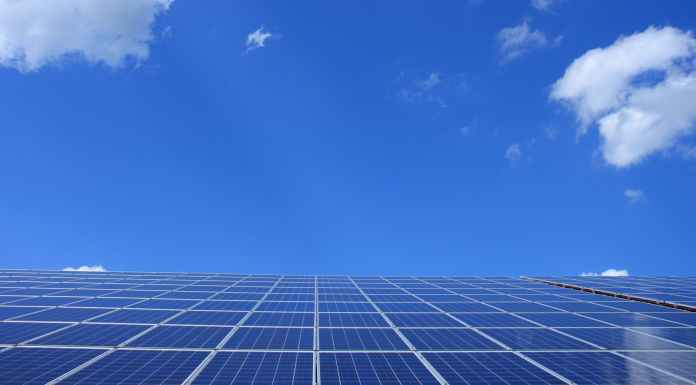The Cape Town metropolitan municipality has announced the plan of commissioning an R1.2 billion ($66 million) solar power plant with battery energy capacity. The project aims to drive Cape Town towards becoming the first load-shedding-free city in South Africa.
The solar-cum-storage project will be developed at Paardevlei near Somerset West, a town in Western Cape that is administratively included in the Cape Town metropolitan municipality. Cape Town Mayor Geordin Hill-Lewis announced that the project will yield up to 60 MW of renewable energy, although the official size of the plant and the battery unit were not revealed.
The Paardevlei solar project is one of the two projects that received support from the C40 Cities Finance Facility (CFF)。 The facility is supported through funding by the German Federal Ministry of Economic Cooperation and Development (BMZ), the French Development Agency (AFD), and the UK Government, and it is implemented by the German development agency GIZ together with the C40 Cities Climate Leadership Group.
Also Read Roofsol Energy Commissions 4 MWp Rooftop Solar Plant at Mirza International?
The C40 CFF initiative that offers financial and technical assistance to cities for just energy transition will support the Paardevlei solar project team to undertake a technical feasibility study. According to the Mayor, the feasibility study of the solar project is expected to get completed by the end of 2023, with the PV plant’s commissioning planned for mid-2026.
The solar project is a significant step in the journey towards a load-shedding-free Cape Town and freeing the city’s economy from power disruptions. Recently, the City government presented the Building Hope Budget for 2023/24 that proposed an R2.3 billion investment to end load shedding plan over the next three years.
Cape Town is allocating R447 million for the Paardevlei project, with other possible funding options which will be assessed through private-public partnerships (PPP)。 The City will also consider the IPPs to develop the project and then enter into a power-purchase agreement for the electricity.






